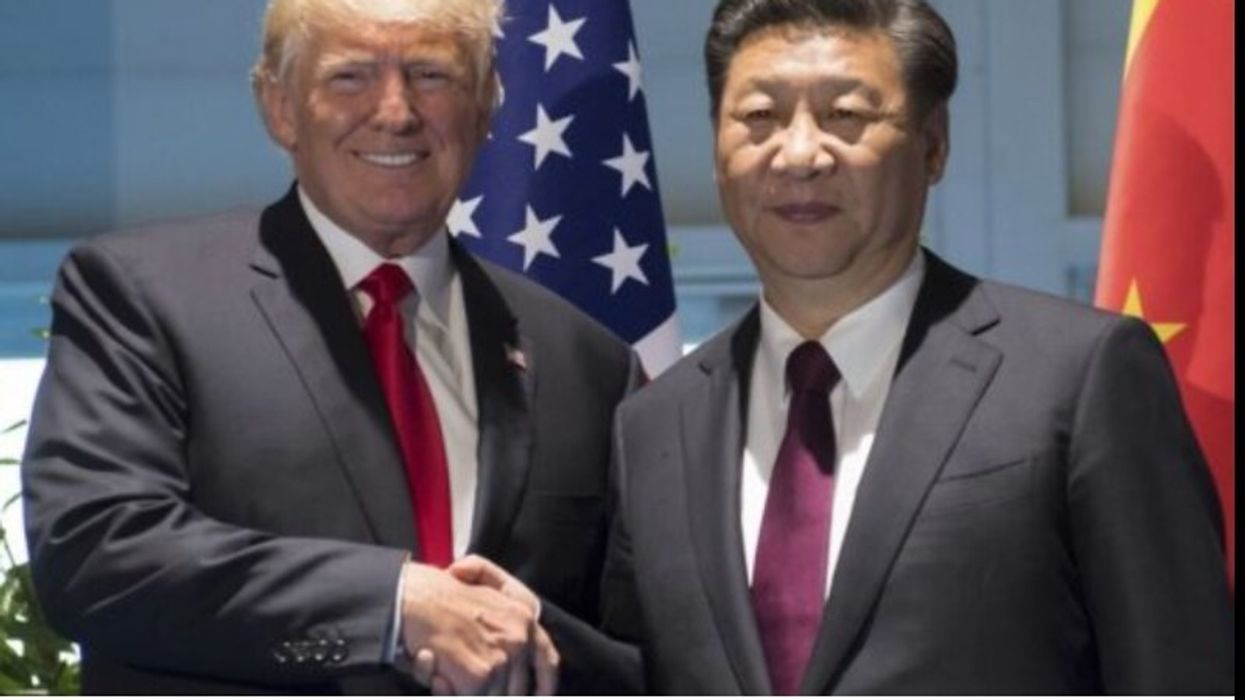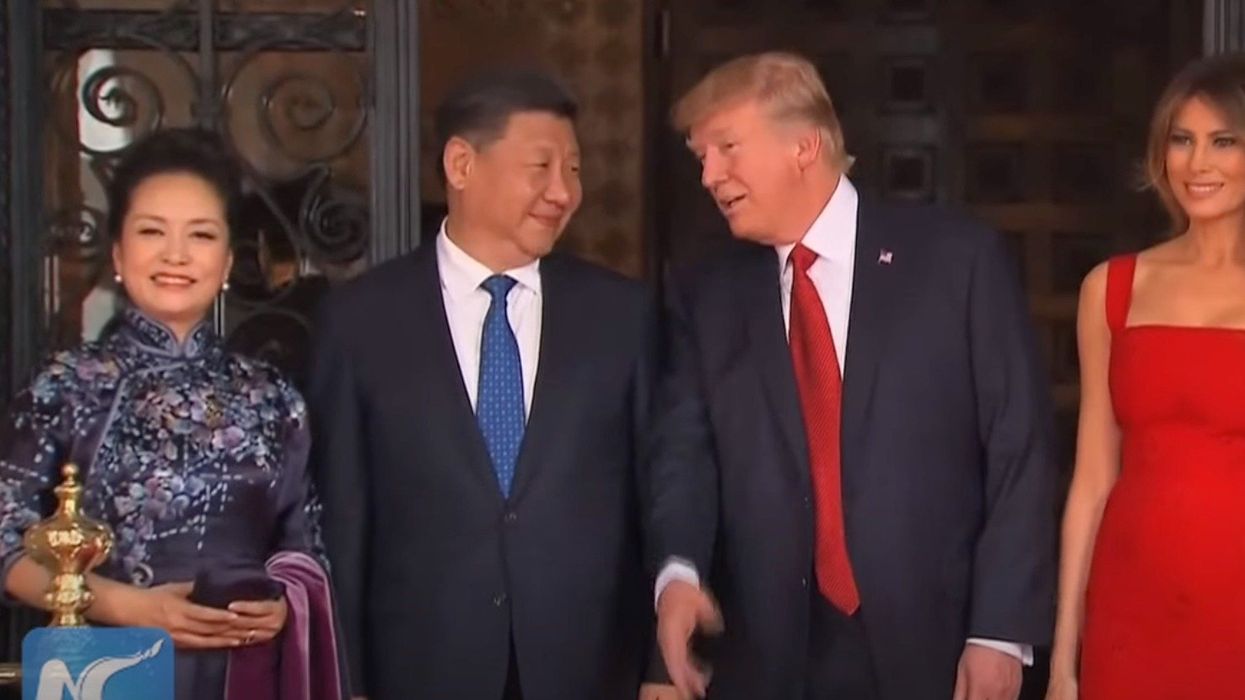Drill Baby Drill? How 'MAGA Brain' May Kill US Energy Independence
Does anyone remember “Drill, baby, drill?” What with all the tumult over Donald Trump’s disastrous trade war, many have forgotten that energy production played a big role in his second inaugural address. He claimed that we were facing a “national energy emergency,” and that he would bring prices down and make America rich by releasing the “liquid gold under our feet.”
There was, in fact, no energy emergency. One thing you always find Trump and MAGA in general doing is assuming that the real world must look the way their prejudices say it should look. Squishy liberals who believe in rule of law were in charge last year, so America must have been in the grip of a terrifying crime wave — even though the homicide rate in 2024 was close to a 65-year low:

Source: Jeff Asher
Similarly, the Biden administration was full of woke environmentalists who believe in the global warming hoax, so they must have crippled energy production — even though America in the Biden years was, for the first time in generations, producing more energy than it consumed:
When I wrote about this at the time, I suggested that Trump was suffering from "MAGA brain,"
the belief that the only way you can get results is by being tough and nasty, avoiding anything that might be considered woke. Thus, to achieve energy independence, we must put aside worries about pollution and climate change while blocking clean energy.
So administrations that care about climate change and the environment in general must be crippling the energy sector. Biden may have presided over record oil production and growing energy exports, but we’ll just say that we have an energy emergency anyway.
You can probably guess what’s coming next. There appears to be a real chance that America will lose its newly reacquired energy independence. And if it does, we know who will be responsible: Trump himself.
To see why, we need to look at the factors responsible for America’s return to energy self-sufficiency.
One of these is fracking — extracting oil and gas embedded in shale by fracturing that shale with high-pressure liquids. Yes, there are serious environmental issues involved both in the fracking process and in the fact that more fossil fuel production adds to greenhouse gas emissions. But while the Biden administration took climate change seriously, that didn’t stop oil and gas production from rising on its watch.
The other factor was the incredible rise of renewable energy. Not that long ago wind and solar power were widely seen as silly, hippy-dippy conceits. Now they’re major contributors to energy supply:

Data source: US Energy Information Administration
In the case of shale, it’s all about prices. Drilling new shale wells is expensive. In fact, Trump’s vision of drastically lower oil prices never made any sense, because any large drop in oil prices would make new shale wells unprofitable. And since production from any given shale well drops quickly over time, anything that caused new drilling to fall substantially would quickly translate into declining oil production.
How low would prices have to go to shrink the U.S. oil industry? Recently the Dallas Fed did a survey which suggested that drilling in many major fields would stop if the price per barrel fell below the low 60s:
And that was before Trump’s tariffs raised costs, so the critical price is probably higher now. And guess what: oil prices right now are at a level where we can expect production to fall. Here are oil futures:
Why did oil get cheap? Look at the sudden drop on April 2, a.k.a. Liberation Day, when Trump first announced extreme tariffs. It’s obvious that oil prices are down thanks to pessimism about the global economy, which in turn is tied to Trump’s trade war. And by the way, that war is by no means over. A new analysis by the Yale Budget Lab finds that the damaging effects of Trump’s tariffs are only modestly mitigated by his surrender to China.
And as for renewables: Trump hates them, wind power in particular. He offers crazy justifications for that hatred — did you hear about his claim that offshore wind farms kill whales? — but it’s pretty clear that he has been nursing an irrational grudge ever since he was unable to stop a Scottish wind farm that he thought ruined the view from a golf course he owns.
Oh, and I’m pretty sure that MAGA types in general dislike renewable energy because they don’t consider it manly.
So what will be the economy-boosting effects of drill, baby, drill? Nil, baby, nil.
Paul Krugman is a Nobel Prize-winning economist and former professor at MIT and Princeton who now teaches at the City University of New York's Graduate Center. From 2000 to 2024, he wrote a column for The New York Times. Please consider subscribing to his Substack, where he now posts almost every day.
Reprinted with permission from Paul Krugman Substack.












